For retail tenants, understanding the concept of lease options and implementing proper lease administration is of utmost importance. Lease options provide tenants with the opportunity to extend their lease agreements, ensuring stability and continuity for their businesses. In this article, we will explore what lease options entail, how to structure them effectively, the risks associated with missed renewals, and the significance of proper lease administration.
Lease options are provisions included in commercial lease agreements that grant tenants the right to renew their lease for a specified period upon its expiration. These options act as a safeguard, allowing retailers to maintain their presence in a particular location and avoid disruptions to their business operations. By exercising the lease option, tenants can secure their desired storefronts, retain their established customer base, and preserve their brand reputation.
Structuring lease options requires careful consideration and negotiation between tenants and landlords. Key elements to address include the duration of the option period, any rent escalations or adjustments, and the notice period required for exercising the option. Retail tenants should strive for favorable terms that align with their long-term business goals and financial capabilities.
Failure to renew a lease option exposes retail tenants to a range of risks. One of the immediate hazards is the uncertainty surrounding the future of the business. Without a renewed lease, retailers may face the prospect of relocation or eviction, which can disrupt operations, cause a loss of customers, and damage the reputation built within the community.
Financial implications are another significant risk. Landlords may impose substantial rent increases when a lease option is not renewed, affecting the profitability of retail businesses. These unexpected expenses can strain financial resources and hinder growth prospects, potentially leading to difficulties in meeting other financial obligations and negatively impacting overall business performance.
The loss of prime retail locations is yet another risk associated with missed lease option renewals. In competitive markets, securing a desirable storefront can be challenging, and failure to renew the lease option may result in losing a strategic location. Retailers could be forced to settle for less favorable alternatives or face increased competition from rivals keen on occupying the vacated premises.
Proper lease administration plays a vital role in mitigating these risks. It involves maintaining accurate and organized records of lease agreements, key dates, and obligations. Effective lease administration enables retail tenants to proactively manage lease options, ensuring they are aware of upcoming expiration dates, assuring accurate CAM reconciliations and initiating negotiations with landlords in a timely manner. By maintaining open lines of communication, retailers can express their commitment to the current location, strengthen their bargaining position, and potentially secure more favorable lease terms. After a retailer has surpassed 3 locations it becomes a challenge for the retailer to properly track and administer their lease portfolio. There are a companies that specialize is tracking lease options, CAM expenses, lease adherence and maintenance requests.
In conclusion, lease options are crucial for retail tenants, offering stability, continuity, and protection for their businesses. Understanding how to structure lease options effectively and implementing proper lease administration are essential for mitigating risks. By prioritizing lease option renewals, retail tenants can safeguard their operations, avoid uncertainties, maintain prime locations, and optimize their financial performance in the dynamic and competitive retail industry.



